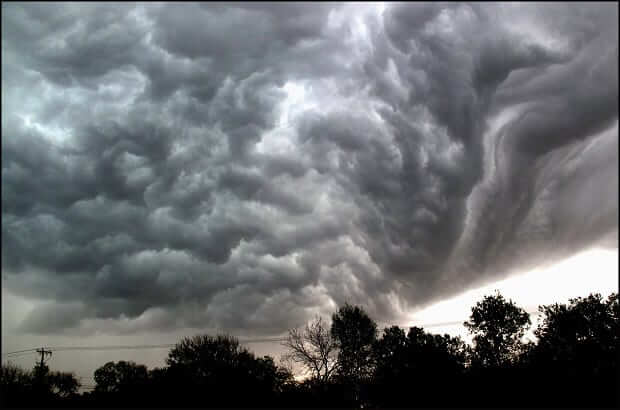While China has aggressively appropriated islands in the Pacific Ocean, festival spending in Australia continues, comments NOEL G DESOUZA

While Xmas is approaching, there are two dissimilar trends gathering pace in East Asia. One is the anticipation of big pre-Xmas sales in large stores. The other is the perplexing flexing of muscles by China in two theatres of operation. China has declared a large chunk of the Pacific Ocean close to Japan, Taiwan and the island of Guam as a restricted maritime zone in which ‘intruding’ ships and aircraft will have to report their presence to China. The other is a set of islands in the southern seas.
In both cases, the marine theatres with the islands in question are mostly rocks that just jut out over the sea during high tides. But whether these islands can be inhabited is not the point; they could be just dots in the sea, but the resources around them is what matters. Troubles in the past used to be over fishing rights, but the prize now is much higher. It is the much more valuable petroleum and gas deposits. It is believed that billions of tons of such fossil fuels lie embedded in exploitable geologic structures.
China’s restricted identification space in the northern Pacific brings the country into direct confrontation with Japan and the USA, who have chosen to ignore the Chinese diktat by flying large planes over the so-called ‘exclusion zone’. This style of engagement possibly reminds the Chinese of the gunboat diplomacy of the nineteenth century when China lost Hong Kong and Macau to the British and the Portuguese respectively. At that time around the mid-19th century, Japan was forced, by use of an American naval fleet, to open to the USA. During that time Japan and China had to face flotillas from Western nations, and were on the losing side. This time there are gunboats with all the nations involved. Both China and Japan have modern naval ships. One by-product of the decision made by the United States is an agreement between Japan and South Korea to be on the same side. In a sense it is an evenly matched situation, but one which could go out of hand if not delicately handled.
For example, in the northern exclusion zone, Japan has traditionally been the guardian of the Ryukyu island chain which lies between Japan and Taiwan.
The other exclusion zone lies in Southeast Asia where numerous islands are claimed by China and by several Southeast Asian nations. Part of the blame might have to be lain at the feet of Western geographers. The southern zone lies in what European cartographers of the eighteenth and nineteenth centuries denominated as the ‘South China Sea’.
The argument that whichever islands lie in the South China Sea are Chinese, has as much validity as saying that whichever lands lie in the Indian Ocean belong to India. China has recently warned the Philippines against asserting its rights in this maritime area. The most important group of islands in this area is called the Spratlys.
Under such war-like circumstances which have been well publicised, one would expect that there would be an atmosphere of saving and living frugally. But the reverse has been the case. China has amongst the largest holdings of foreign money. It has a well-controlled manufacturing sector. It is in China’s interest to keep that machine moving, as well as to protect its sources of raw materials and its markets.
Retail figures show that sales in big stores are doing quite well (a rise of 0.4per cent). The Chief Executive of the Australian National Retailers Association, Margy Osmond is pleased with the figure, specially as it was during a period leading up to an election.
Osmond also points out to the positive effect of the Reserve Bank of Australia rate cut in early August. She notes, “This is a result of the cash rate cut in early August, a more buoyant share market and consumers responding to the prospect of a new government with a clear mandate, coming into power.” We can also point out to the increase of house prices during that period.
There is optimism in the retail market. Children will have to be satisfied with acceptable presents and young people with fashionable, and perhaps expensive clothes. Religious places strive to offer attractive events, and so do offices and localities. All these events need good clothes. The singing of songs and particularly hymns lends a feeling of being soothed.
As these events were proceeding, the world was awed by the passing away of the greater-than-life figure of Nelson Mandela. World leaders paused to express their admiration and grief for a man who had made the unthinkable a reality; he joined forces with a government that had been originally wedded to the concept of apartheid, to form a government of unity where all races were equal. He had shown the value of reconciliation.
Now is the hour when reconciliation is what the waters of East Asia need.
War clouds are gathering in Asia

Reading Time: 3 minutes



